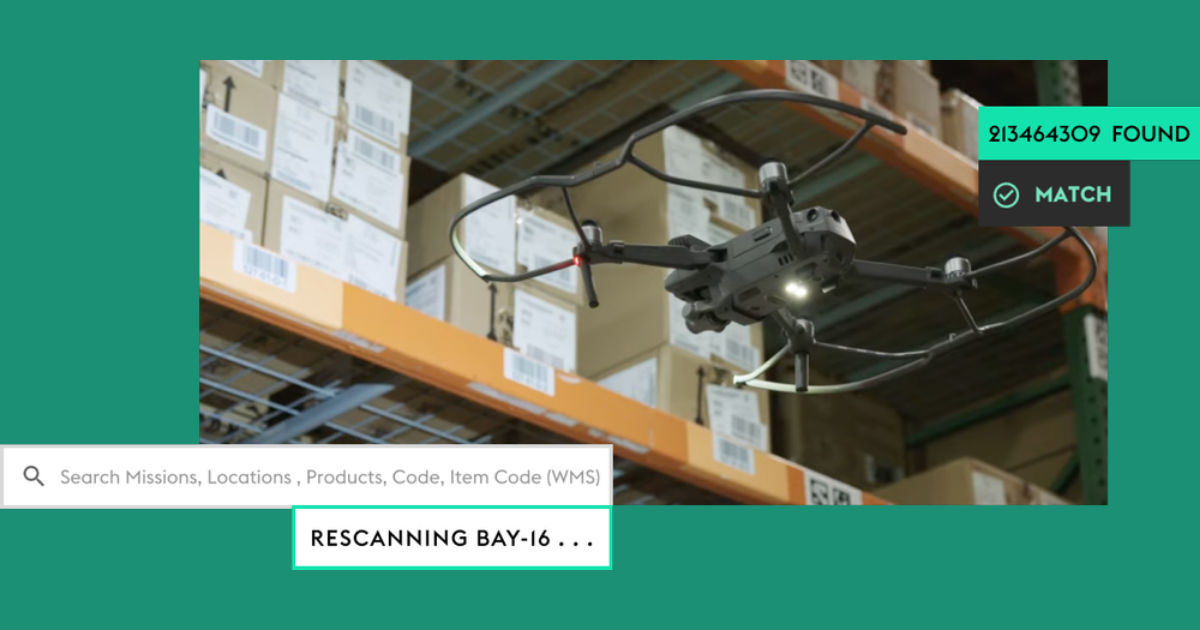
Last week, GlobalPlatform, the standard for secure digital services and devices, reported a 25 percent increase in the number of Trusted Execution Environment (TEE)-enabled processors being shipped quarterly, year-over-year.
At this rate, according to the GlobalPlatform announcement, it is expected some 10 billion devices will feature TEE-enabled processors by the end of 2018.
A trusted execution environment (TEE) is a secure area of a main processor. It guarantees code and data loaded inside to be protected with respect to confidentiality and integrity, according to a compilation of information on Wikipedia.
A TEE as an environment provides security features including isolated execution, integrity of applications executing with the TEE, along with confidentiality of their assets.
TEE is becoming more and more popular as it offers an execution space that provides a higher level of security than an open mobile OS and more functionality than a 'secure element', according to experts.
Industry associations like GlobalPlatform and Trusted Computing Group, which is working to align GlobalPlatform TEE specification with its Trusted Platform Module (TPM) technology for enhanced mobile security have been working on global standardization for the last few years.
In 2010 GlobalPlatform first announced their own standardization of the TEE, focusing first on the client API (the interface to the TEE within the mobile OS) which was expanded later to include the TEE internal API, a Remote Administration framework, then extended to include compliance and standardization frameworks.
Service providers, mobile network operators (MNO), operating system developers, application developers, device manufacturers, platform providers and silicon vendors are the main stakeholders contributing to the standardization efforts around the TEE, Wikipedia states.
The TEE is particularly well-suited for supporting biometric ID methods (facial recognition, fingerprint sensor and voice authorization), which are easier to use and harder to steal than PINs and passwords.
The TEE can be used to enable the secure handling of confidential information on a mobile device, while also supporting a higher level of protection against software attacks generated in the mobile OS and assists in the control of access rights.
Embedded hardware technologies being used to support TEE implementations have been created by companies including AMD, ARM, Intel, and RISC-V.
“The TEE is not a new concept, and standardization of the technology has been driven by our organization to support mass market deployment,” said GlobalPlatform’s Technical Director, Gil Bernabeu in the organization’s announcement of growth figures.
“The fragmentation caused by the deployment of proprietary TEEs makes life hard for app and service developers as they need to launch and maintain multiple versions of their apps and evaluate the security of each TEE platform. This is resource intensive and unsustainable. Our specifications and certification program give device manufacturers a standardized way to embed security that meets the needs of service providers; app developers assurance that services will be protected from attacks; and end users confidence that their data is safe.”
Enterprise IT environments, delivery of premium multimedia content, mobile payments, the internet of things, enterprise and government identification programs and more seek to balance user experience with security. The TEE isolates trusted applications, keeping them away from any malware in the device OS and separate from other apps stored in the TEE. Because of this, the TEE is an essential environment within all devices as the secure services market evolves.
According to Global Platform, By 2025 the installed base of IoT devices will be over 75.4B devices.
GlobalPlatform technology is implemented across a wide range of markets globally, including payments, telecoms, transportation, automotive, smart cities, smart home, utilities, healthcare, premium content, government, and enterprise ID. Protected devices include connected cars, set top boxes, smartphones, tablets, wearables, and other IoT devices.
To enable device manufacturers to proactively market their products as meeting the needs of digital service providers, GlobalPlatform manages functional and security certification programs for TEEs. These objectively illustrate that a device manufacturer’s GlobalPlatform-based secure component and digital service management capabilities are interoperable and meet required security levels, providing reassurance that it will protect digital services and enable them to perform as intended in the field.
“Device manufacturers and service providers must work together to ensure suitable security is the foundation of end-user services,” added Kevin Gillick, Executive Director of GlobalPlatform. “GlobalPlatform technology empowers stakeholders to interact seamlessly when deploying digital services, regardless of industry, sector or device type. This resulting collaboration makes mass marketing of digital services possible, while ensuring the appropriate level of security and supporting privacy requirements.”
Earlier this year, GlobalPlatform announced it had conservatively calculated that more than 5.5 billion Secure Elements (SEs) deployed in 2017 were based on its specifications, an increase of over 1.5 billion from the previous year. Additionally, over the last three years, in excess of 1 billion SEs were embedded within mobile devices, 100% of which were based on GlobalPlatform technology.
To learn more, visit the GlobalPlatform website.
Edited by
Ken Briodagh





